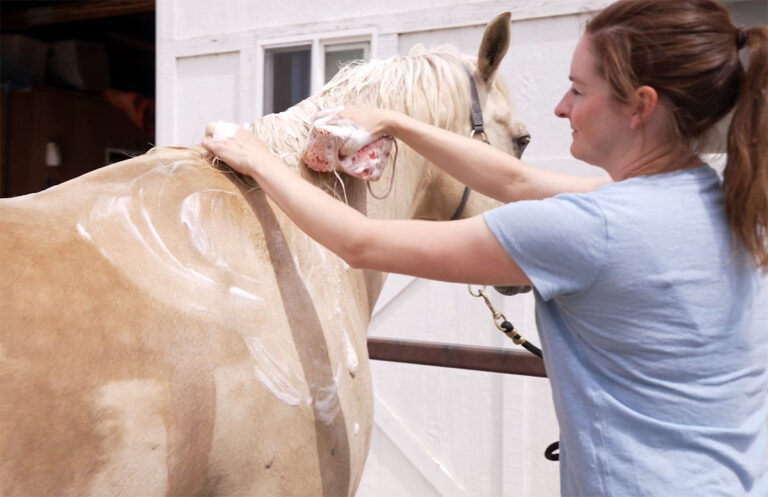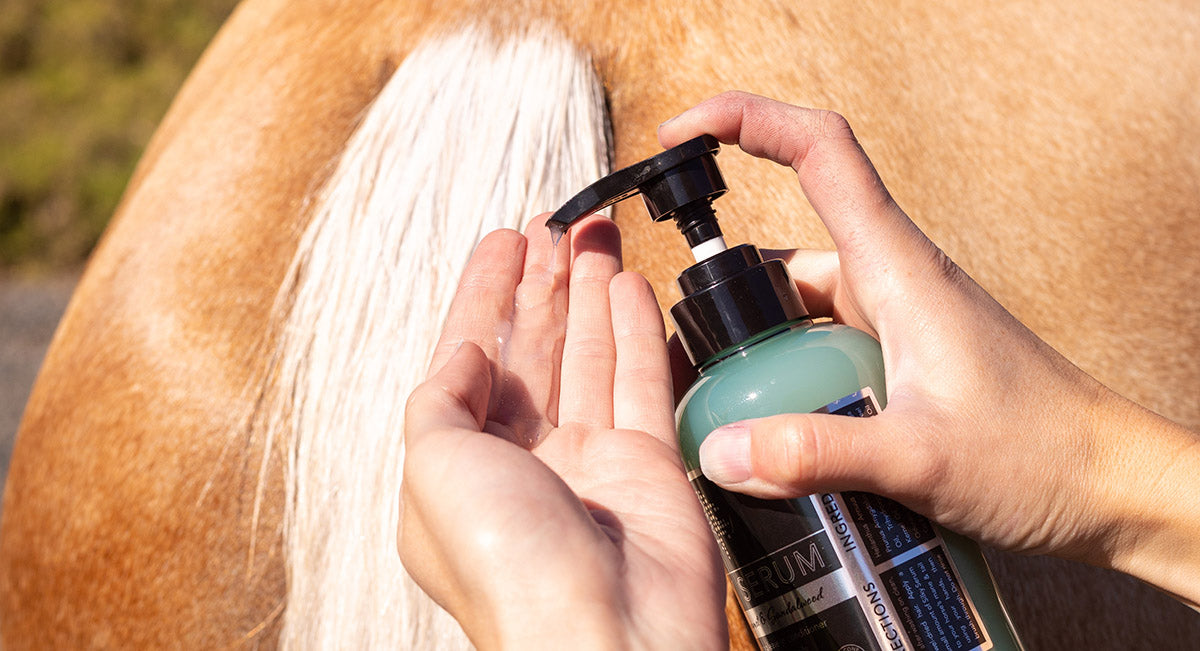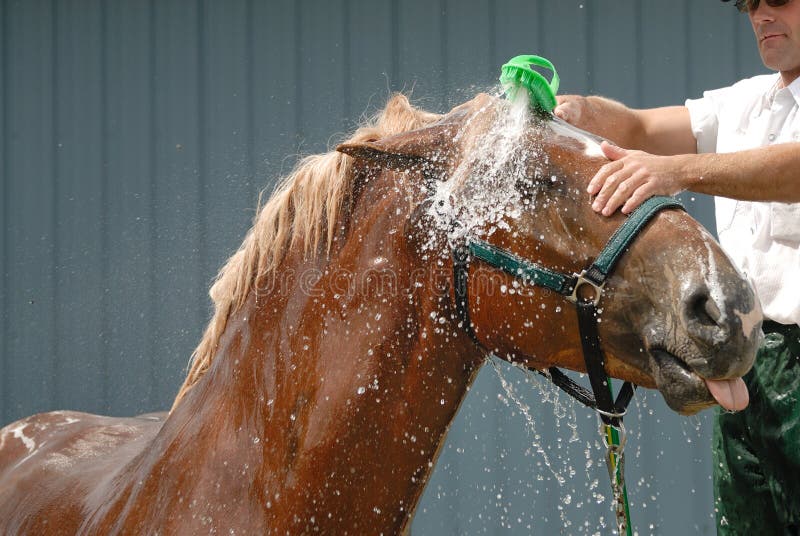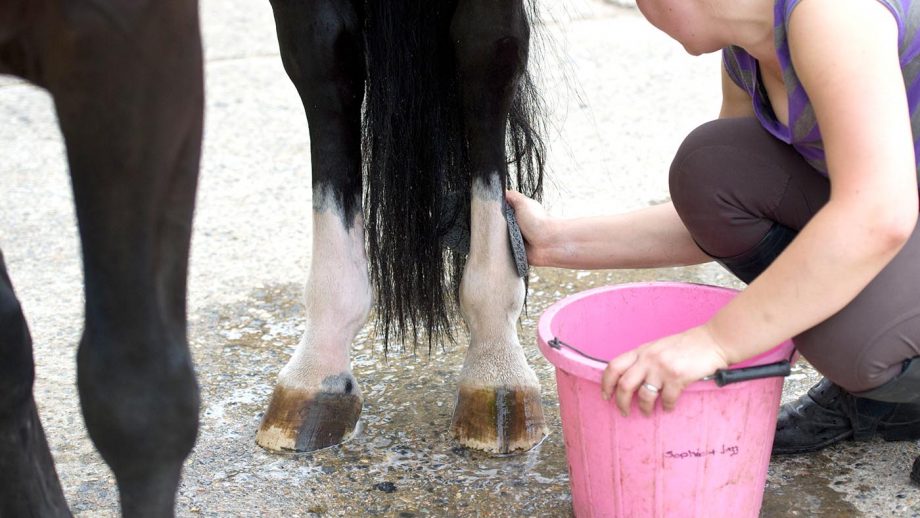Embracing the world of horse care requires a blend of dedication, knowledge, and love for these magnificent creatures. Whether you’re a seasoned equestrian or a newcomer, understanding the basics of horse care is an indispensable part of the journey. In this guide, we will walk you through everything you need to know about keeping your horse healthy and happy.

Introduction to Horse Care 101
Caring for a horse is a rewarding experience, but it also comes with many responsibilities. To provide the best care, it’s essential to grasp the fundamentals of horse care. This includes feeding, grooming, health checks, and creating a safe environment for your horse. By mastering these basics, you’ll be well-equipped to nurture your equine friend.
Feeding Your Horse
Understanding Equine Nutrition
Feeding is a cornerstone of horse care. Horses require a balanced diet that includes hay, grains, and supplements to meet their nutritional needs. Each horse is unique, and their dietary requirements can vary based on age, breed, and activity level.
For a comprehensive guide on tailoring your horse’s diet, check out these helpful resources on horse diet cost.
Water: The Lifeblood of Your Horse
Hydration is vital for horses. Horses need access to fresh, clean water at all times to maintain good health. Dehydration can lead to serious health issues, so monitor your horse’s water intake, especially during hot weather or intense activity.
Grooming Practices
Basic Grooming Techniques
Regular grooming not only keeps your horse looking their best but also promotes skin health and circulation. Essential tools include brushes, combs, and hoof picks. Grooming also provides an opportunity to check your horse for injuries or other issues.
Mane and Tail Care
Maintaining a horse’s mane and tail requires patience and the right products. Use gentle brushes and conditioners to prevent tangles and breakage.
Horse Health and Wellness
Routine Health Checks
Keeping up with routine health checks is vital for preventing diseases. This includes vaccinations, dental care, and regular hoof trimming. Build a relationship with a trusted veterinarian to ensure your horse receives expert care.
Learn more about keeping your horse healthy year-round with health assessments.
Understanding Equine Behavior
Horses are social animals, and recognizing their behavior can help identify any underlying issues. Spend time observing your horse to learn their habits and signals.
Stable Management
Creating a Safe Environment
A well-maintained stable is essential for your horse’s safety. Regularly inspect the stable for hazards, ensure proper ventilation, and clean stalls frequently to prevent disease.
Bedding Choices
Choosing the right bedding is crucial for your horse’s comfort. Common bedding materials include straw, shavings, and rubber mats. Each has its benefits, so select based on your horse’s needs and your maintenance capabilities.
Common Health Issues
Recognizing Signs of Illness
Early detection of illness can save your horse’s life. Common equine health issues include colic, laminitis, and respiratory problems. Educate yourself on the symptoms and be ready to consult a vet if you spot any signs of distress.
Exercise and Training
Benefits of Regular Exercise
Regular exercise is fundamental to a horse’s physical and mental well-being. It helps maintain a healthy weight, builds muscle, and prevents behavioral issues.
Training Techniques
Effective training enhances the bond between you and your horse. Techniques can range from basic groundwork to advanced riding skills. Consistency and patience are key to successful training.
For insights on selecting the right gear, explore information on stirrup leathers selection.
Horse Blanketing Essentials
When to Use a Blanket
Blanketing can protect horses from harsh weather. Determine when to blanket your horse based on temperature, coat thickness, and individual needs.
For more details, visit blanketing tips.
Choosing the Right Blanket
Consider factors such as material, warmth, and fit when selecting a blanket. Properly fitted blankets ensure comfort and prevent chafing or injury.
Conclusion
Horse care is a journey filled with learning and love. By understanding the basics and committing to ongoing education, you’ll provide your horse with the care they deserve. Your dedication will lead to a rewarding partnership with your equine companion.

FAQ
How often should I groom my horse?
It’s recommended to groom your horse at least once a day to ensure their coat remains healthy and dirt-free.
What are the signs of a healthy horse?
A healthy horse typically has bright eyes, a shiny coat, and is alert and energetic. Regular veterinary check-ups help maintain their health.
How much water does a horse need daily?
On average, a horse requires about 5 to 10 gallons of fresh water per day, though this can vary with temperature and activity level.
For further reading on related topics in equestrian care, be sure to check out various articles available from knowledgeable sources like The Horse.







